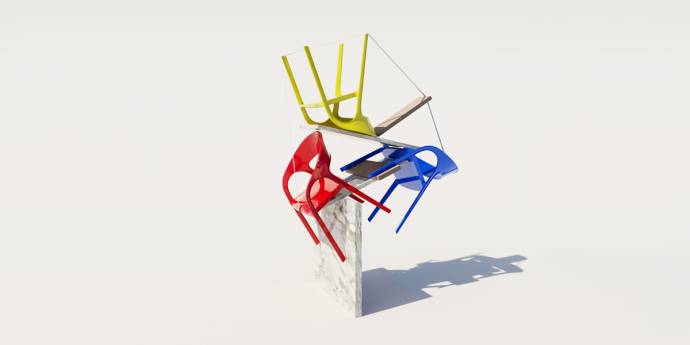The board chair is often described as being quite a lonely role.
They play a key role in balancing the interests of their fellow board members and the interests of management and the company’s stakeholders and shareholders. But “leadership is only lonely if you think you’re the person that knows all the answers,” according to former Director General of MI5 Baroness Eliza Manningham-Buller.
To get the best from the board, chairs need to work with, and be part of, the board.
Ryman Healthcare has a unique governance structure right now, especially for New Zealand. The company has an executive chair, Dean Hamilton CMInstD, who is also the interim chief executive. This has attracted media interest and recently the New Zealand Herald’s Madison Reidy interviewed Dean about his unique dual role.
Most of the interview is about Ryman, its financial situation and plans for the future. Buried in the middle, however, is a mini-masterclass for board chairs.
Madison asked Dean about dividend decisions and whether “that was a decision you personally made?”
Dean responded: “Well, you never personally make those [decisions] … At board level it’s majority rules… So, you shouldn’t have a single director or a chair make those decisions.”
When facilitating the Institute of Directors’ (IoD) Chairing the Board course, Richard Westlake CFInstD similarly emphasises that chairs are one of the board of directors, as well as their unique role as board chair.
At the 2024 IoD Leadership Conference in May, participants were also given a chair masterclass with Dr Jim Mather CFInstD, the chair of a range of boards, an IoD Council member and a leading advisor on Māori governance.
Dr Mather’s chair masterclass highlighted key insights, including:
- You don’t always have to reach consensus: Chairs should ensure there is equal airtime for board members. They also need to ensure the context in which decisions are being made is brought to the board table and differing perspectives on that context are aired by directors individually, particularly when they may see the world differently. It is important for directors to understand these differences, even if the board can’t reach a consensus.
- Managing board member dynamics: Chairs need to have a relationship with each board member. In doing so, they can support, provide feedback, set expectations and challenge members of their boards. They need to praise publicly and address issues privately. And they shouldn’t let any emerging issues fester and grow.
- Leading honest board review and individual director review process: Chairs have a key role to ensure candid performance reviews are completed for individual board members (including themselves) and their boards, informed by their own reflections about their performance. Board reviews have a critical role in this process, which the IoD actively supports through board evaluation tools. Based on recent surveys of directors, with more than 50 per cent of directors reporting their boards have never done a board review, perhaps it is time for many boards, led by their chairs, to act on this insight.
- Addressing the ‘rogue’ director: Conflict in the boardroom is a reality we have highlighted previously from the 2023 IoD Leadership Conference. Some of this conflict comes from poor dynamics between directors, or behaviours that go unaddressed. It’s unsurprising 70 per cent of New Zealand directors think there is at least one director on their board who should not be there. Many directors in boardrooms report “feeling hamstrung”. This limits their effectiveness and contribution. Chairs have a key role in addressing this and unlocking director potential and contributions that might otherwise not be harnessed to the detriment of their organisations.
- Chairs help create board cultures that inform company organisation culture: There are different views about the nature and extent of the impact of board culture on organisational culture. In part, this depends on exposure and visibility of the board in the company or organisation. The chair masterclass made clear that the board should not be distinct and distant from the organisation. Chairs have a key role with their boards in setting the ‘tone from the top’. They also help to ensure dynamics between board members are attended to, there is a level of reflection by the board and individual board members, and they and their board members exhibit courage by addressing the tricky and difficult issues that often arise for boards.
Want to hear more and get insights like these? Registrations are now open for the IoD 2025 Annual Leadership Conference 11–12 September 2025: Register now!
